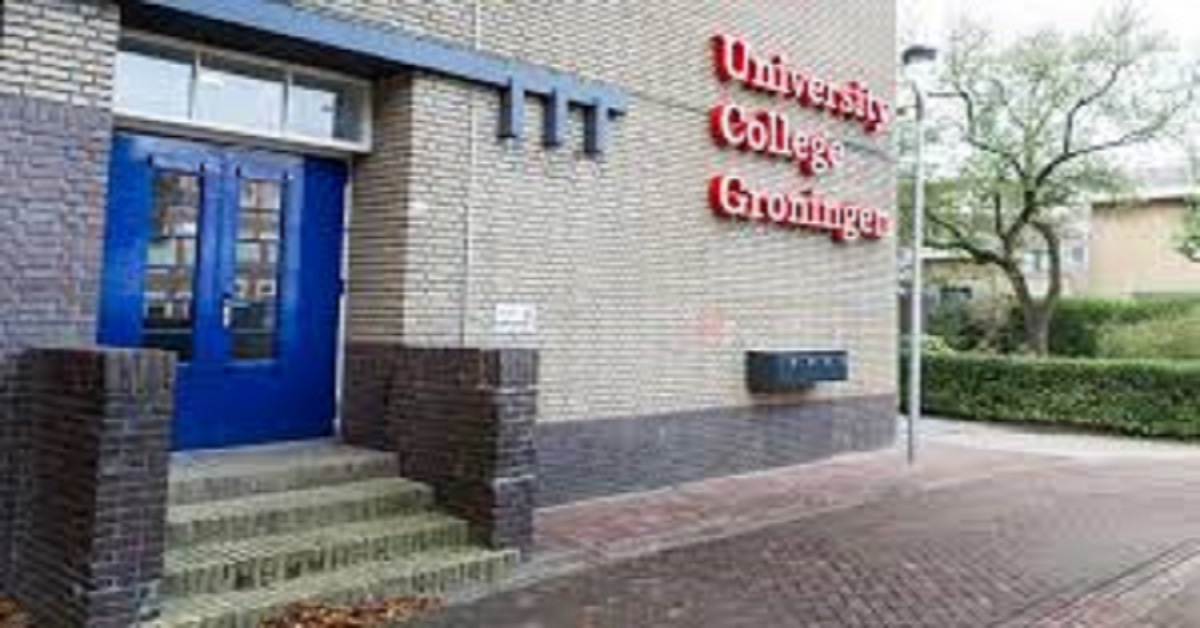
The development of novel glycol-monomers and polymers via biocatalytic pathway
Glycopolymers are polymers that contain renewable carbohydrates as pendant moieties on a synthetic polymer backbone. Glycomonomers, the precursor of these glycopolymers, consist of saccharide units that are linked to a polymerizable group, e.g. a vinyl group that can be radically polymerized. This task will develop novel glycomonomers and gylocpolymers via biocatalytic pathways. For the biocatalytic synthesis of glycomonomers, hydrolases (such as lipases and cutinases) and transferases (such as phoshorylases) will be utilized but also a set of carbohydrate acting enzymes not yet fully classified that are available at the University of Groningen. The range of carbohydrate moieties already available for glycomonomers will be extended from mono-saccharides to di- and oligosaccharides towards saccharide structures with valuable biological functions such as lectin and mannans. For many applications, free radical polymerizations are far from ideal as especially the carbohydrate moieties of the glycomonomers will cause a multitude of side reactions rendering the polymers too undefined to be used. Due to this polymerization by metalloenzyme-mediated free radical polymerization using peroxidases and laccases will be performed.
To achieve this ambitious goal, the selected candidate will collaborate with leading groups throughout Europe both from academia and industry.
The project is part of the EU-funded Marie-Skłodowska-Curie Doctoral Network Metal-Containing Radical Enzymes (MetRaZymes) and involves a multitude of training opportunities.
Qualifications
- you hold an MSc degree (or will graduate before appointment date) in Polymer Chemistry, Chemistry, Materials Science, Biotechnology or similar subjects
- excellent skills in the domains of synthetic polymer or organic chemistry and characterization and synthesis of polymers are expected
- experience in biocatalysis and physical chemistry are an advantage
- enthusiasm for top-quality research and good oral and written English communication skills are a must.
Applicants may be of any nationality but must fulfill the Marie Skłodowska-Curie Actions mobility rule: At the time of recruitment at the University of Groningen, candidates must not have resided or carried out their main activity (studies or work) in The Netherlands for more than 12 months in the 3 years immediately prior to their recruitment.
Organisation
The University of Groningen is a research university with a global outlook, deeply rooted in Groningen, City of Talent. Quality has been our top priority for over four hundred years, and with success: the University is currently in or around the top 100 on several influential ranking lists.
The Faculty of Science and Engineering (FSE) is the largest faculty within the University. We offer exclusive education and research in a wide range of science and engineering disciplines, from classical disciplines such as mathematics, astronomy and mechanical engineering, to interdisciplinary fields such as artificial intelligence, pharmacy and nanoscience. Our community has an open and informal character with students and staff from around the world.
Research environment
Research will be performed in the group of Macromolecular Chemistry and New Polymeric Materials at the Zernike Institute for Advanced Materials under the supervision of Prof. Dr. Katja Loos.
Conditions of employment
The University offers you in accordance with the Collective Labour Agreement for Dutch Universities:
- a salary of € 2,541 gross per month in the first year, up to a maximum of € 3,247 gross per month in the final year for a full-time working week
- a holiday allowance of 8% gross annual income and an 8.3% end-of-the-year allowance
- a full-time position (1.0 FTE).
The successful candidate will be offered a temporary position of one year with the option of renewal for another three years. Prolongation of the contract is contingent on sufficient progress in the first year to indicate that a successful completion of the PhD thesis within the next three years is to be expected. A PhD training programme is part of the agreement, and the successful candidate will be enrolled in the Graduate School of Science and Engineering.
The intended PhD starting date is 1 March 2023.
Application
Please send your application to us, by submitting the following documents:
- letter of motivation for the specific research project
- CV and publication list
- contact details of two professional references
- copies of your degree certificates.
You may apply for this position until 9 January 11:59pm / before 10 January 2022 Dutch local time (CET) by means of the application form (click on “Apply” below on the advertisement on the university website).
The University of Groningen strives to be a university in which students and staff are respected and feel at home, regardless of differences in background, experiences, perspectives, and identities. We believe that working on our core values of inclusion and equality are a joint responsibility and we are constructively working on creating a socially safe environment. Diversity among students and staff members enriches academic debate and contributes to the quality of our teaching and research. We therefore invite applicants from underrepresented groups in particular to apply. For more information, see also our diversity policy webpage: https://www.rug.nl/(…)rsity-and-inclusion/
Our selection procedure follows the guidelines of the Recruitment code (NVP): https://www.nvp-hrnetwerk.nl/nl/sollicitatiecode and European Commission’s European Code of Conduct for recruitment of researchers: https://euraxess.ec.europa.eu/jobs/charter/code
We provide career services for partners of new faculty members moving to Groningen.
Unsolicited marketing is not appreciated.
Information
For information you can contact:
- Prof. K.U. Loos, k.u.loos@rug.nl
Please do not use the e-mail address(es) above for applications.




